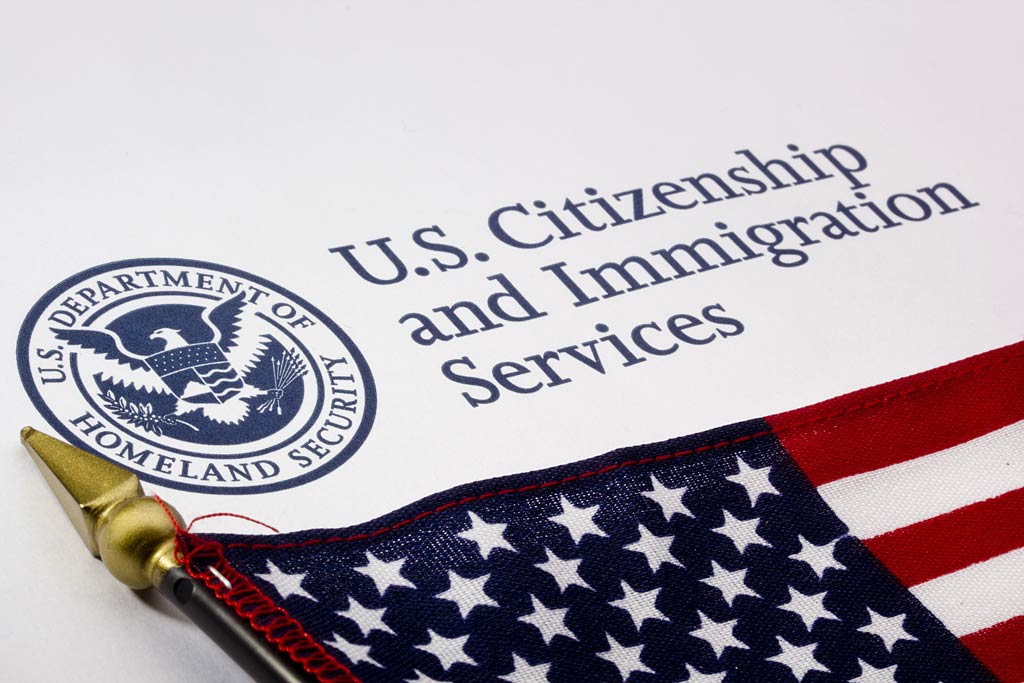
Immigration procedures are complicated, especially when they involve legal and financial aspects such as bonds. For newcomers, understanding how to manage an immigration bond transfer can ensure rights are protected and processes run smoothly. Sometimes, an immigrant might need to relocate after release, or the original obligor might not be able to continue their responsibilities. This is where a bond transfer comes in handy.
Can Bonds Be Transferred?
Wondering if you can transfer bail bonds? Yes, you can. A bond transfer is simply a way for someone to transfer the responsibility of a bond from one person to another. I
What is a Bond Transfer?
In immigration, a bond transfer is the process of changing the responsibility and jurisdiction of an immigration bond from one location or person to another. Bond transfers in immigration cases can occur for any number of reasons. Whether it’s a job change or family obligations, the immigrant might need to pack up and move.
Sometimes, the original bond sponsor or obligor (the person or entity who paid the bond) may no longer be able to fulfill this role. This could possibly be because of financial constraints or a change in relationship with the immigrant. A new sponsor can take over this responsibility through a bond transfer.
Can Two People Share a Bond?
Yes, two people can share responsibility for an immigration bond. This typically happens when two individuals—often family members or friends—agree to act as joint obligors or co-sponsors for the bond. In these cases, both persons are equally responsible for ensuring the immigrant complies with all the requirements of the immigration authorities. This includes attending all court appearances.
Both co-sponsors must meet the necessary requirements. These requirements include being U.S. citizens or lawful permanent residents, and they might need to provide financial documentation to prove they can support the immigrant. Sharing an immigration bond can lessen the individual financial burden and risk associated with sponsoring an immigrant.
Steps to Transfer an Immigration Bail Bond
These are some simple steps to follow to streamline the process of transferring bail bonds to another person.
- First, to transfer a bail bond to another person, you need to inform the immigrant about this so they know they must find a new obligor or sponsor if they don’t have someone else as yet.
- The next step is to inform your local ICE office. This request is typically made to the office handling the case. The formal request should include detailed reasons for the transfer and any supporting documentation.
- When ICE receives the request, they will review the reasons and documentation provided to see if they meet the necessary criteria. Reviews can vary in length, depending on the complexity of the case.
- If the request is approved, ICE will coordinate the bond reassignment to the new location or sponsor. This involves communicating with the original and new jurisdictions to ensure legal requirements are met.
- Once the transfer is done, everyone needs to be on the same page about their duties. The immigrant has to follow the bond conditions. The new sponsor must make sure the immigrant shows up for all the required appointments and hearings.
Also, keep in mind that there should be an immigration bond transfer cost.

Using the I-312 form
Since ICE has strict protocols and procedures, you might wonder if there is a simple immigration bond transfer form. While this isn’t the case, the I-312 form may be suitable for your needs.
This I-312 form allows the individual who has posted the bond to designate an “attorney-in-fact.”
This designation grants the attorney-in-fact the authority to act on behalf of the obligor regarding the bond. This includes the power to surrender the bonded individual to the authorities or to make decisions concerning the bond’s disposition.
Since this isn’t an immigration bond transfer form, you are still the sponsor or obligor. It should be noted that this form must be notorized and then submitted to the local ICE office handling the case. If you are unsure if this form applies to you, you should seek advice from an immigration attorney or contact your local ICE office for assistance.
The purpose of this form is to empower the obligor, providing them with the flexibility to have someone else manage the bond on their behalf. This can be particularly useful in situations where the obligor may be unavailable or unable to handle the bond-related matters themselves. By appointing an attorney-in-fact, the obligor can ensure that the bond is managed correctly and any necessary actions are taken promptly, giving them a sense of control and security.
This form is helpful if the original obligor can’t manage the responsibilities tied to the bond or when they need someone else to handle specific duties regarding the immigration bond because of location restrictions, financial difficulties, or any other reason. If you must revoke this designation of “attorney-in-fact,” then you would need to complete form I-312A.
Immigration Bond Agencies that Transfer Bonds
When dealing with the transfer of an immigration bond, selecting the right bail bondsman is crucial. Not all bondsmen are experienced or willing to handle bond transfers. These are some factors to consider when choosing an immigration bond agency:
- Choose a bail bond agent with extensive experience and expertise with immigration bonds and bond transfers. You want them to be familiar with the unique aspects of immigration law and procedures.
- It’s always a good idea to research the agency’s reputation. Look for reviews, testimonials, and any professional endorsements or ratings. A reputable agency should be known for their reliability and ethical practices.
- Ensure the agency is readily available and easy to contact. The bond transfer process can require quick actions and decisions.
- Understand the agency’s fee structure and included services. A good agency will be transparent about their fees, avoiding hidden charges and explaining any costs upfront.
If you worked with a bond agency, they can help you make a bond transfer to change the obligor. Looking for bail bondsman that do transfer bonds? Liberty Immigration is a nationwide immigration bond agency that can help you.